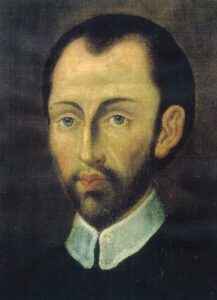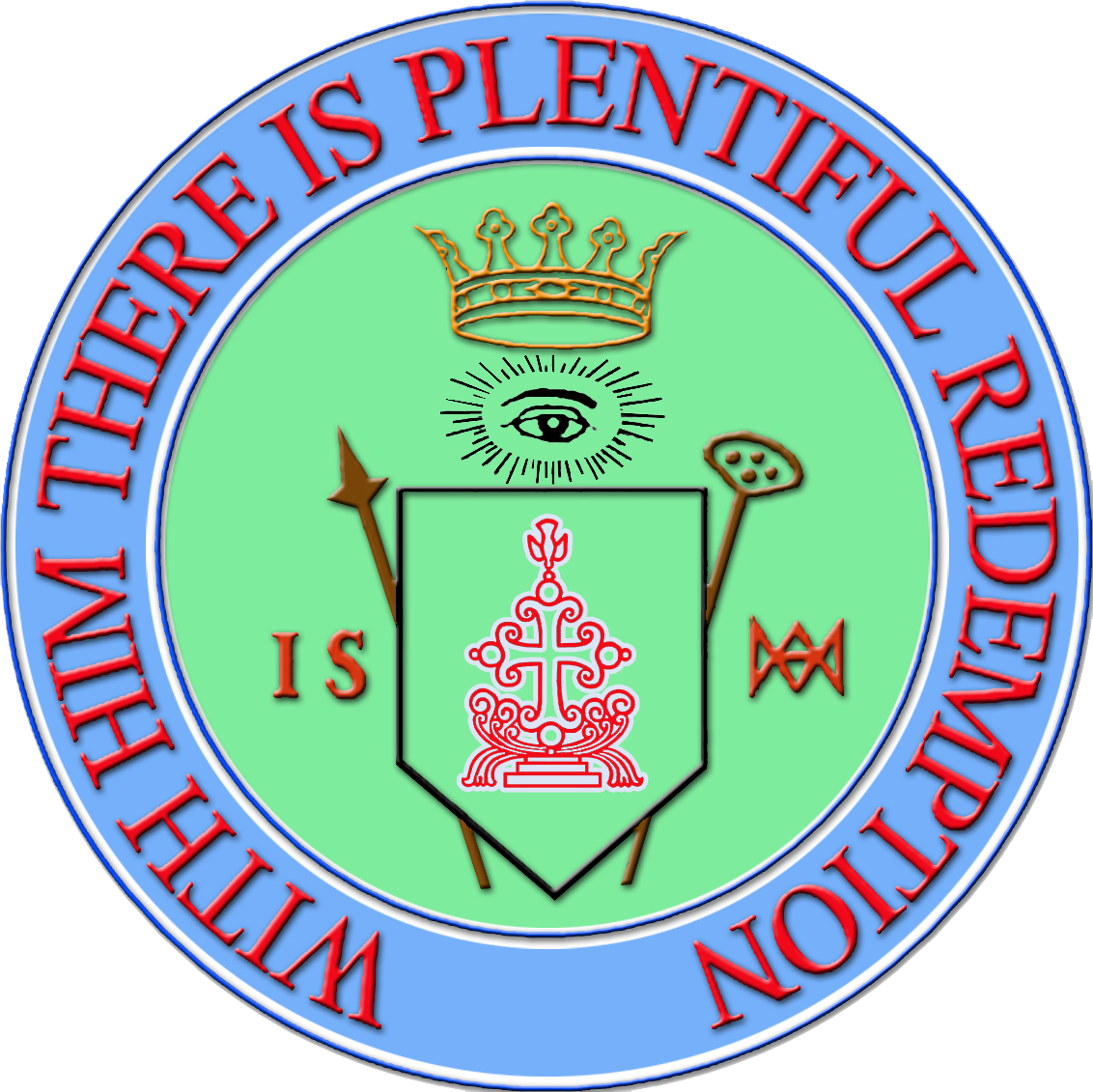 The Congregation of the Most Holy Redeemer was St. Alphonsus Liguori’s response to the call he experienced coming from Jesus through the poor… The Year 1730, Alphonsus was exhausted from his missionary labors. His doctors ordered him to get some rest and breathe some clean mountain air. With a few of his companions, he went to Scala, on the Amalfi coast south of Naples. High up in the mountains was the Sanctuary of Santa Maria dei Monti, a perfect place for rest, a perfect place for contemplation near the Mother of Our Lord: mountain heights, beauty, and below, the sea….
The Congregation of the Most Holy Redeemer was St. Alphonsus Liguori’s response to the call he experienced coming from Jesus through the poor… The Year 1730, Alphonsus was exhausted from his missionary labors. His doctors ordered him to get some rest and breathe some clean mountain air. With a few of his companions, he went to Scala, on the Amalfi coast south of Naples. High up in the mountains was the Sanctuary of Santa Maria dei Monti, a perfect place for rest, a perfect place for contemplation near the Mother of Our Lord: mountain heights, beauty, and below, the sea….
But, Scala also meant poverty. In the mountains there lived groups of shepherds who came to the missionaries asking them for the Gospel, the Word of Life. Alphonsus was surprised at their hunger for the Word of God and recalled the words of the prophet: “The babes cry for food, but there is no one to give it to them” [Lam 4:4]. His first biographer tells us that when Alphonsus left Scala, a part of his heart remained with these shepherds and that he would weep thinking of how he could help them.
 In Naples, after much prayer and consultation to help him discern clearly…. he came to understand that he had to return to Scala. Surely there was poverty in Naples as well…, but there were many others there that could help the poor escape from their place as society’s marginalized. In Scala, the poor were alone, with no one to help them…,totally abandoned. During St. Alphonsus’ time, these shepherds and country peasants were the most downtrodden group in society: “they were not considered men as other men…, they were the disgrace of nature.” It was because of their lot in life that St. Alphonsus chose to be at their side, to share his life with them and to bring to them, in abundance, the Word of God.
In Naples, after much prayer and consultation to help him discern clearly…. he came to understand that he had to return to Scala. Surely there was poverty in Naples as well…, but there were many others there that could help the poor escape from their place as society’s marginalized. In Scala, the poor were alone, with no one to help them…,totally abandoned. During St. Alphonsus’ time, these shepherds and country peasants were the most downtrodden group in society: “they were not considered men as other men…, they were the disgrace of nature.” It was because of their lot in life that St. Alphonsus chose to be at their side, to share his life with them and to bring to them, in abundance, the Word of God.
On November 9, 1732, in his beloved Scala, St. Alphonsus Liguori founded the Congregation of the Most Holy Redeemer to follow the example of our Savior Jesus Christ announcing the Good News to the poor. He was 36 years old. His life became one of mission and service to the most abandoned. The Congregation was approved by Benedict XIV on February 25, 1749.
Redemptorist Missionaries continue the charism of Alphonsus in the Church and in society. “Strong in faith, rejoicing in hope, burning with charity, on fire with zeal, in humility of heart and persevering in prayer, Redemptorists as apostolic men and genuine disciples of Saint Alphonsus follow Christ the Redeemer with Hearts full of joy; denying themselves and always ready to undertake what is demanding and challenging, they share in the mystery of Christ and proclaim it in Gospel simplicity of life and language, that they may bring to people Plentiful Redemption” (Redemptorist Constitutions, No. 20).
Redemptorists live in missionary communities, always welcoming and prayerful, like Mary of Nazareth. By means of missions, retreats, parish ministry, ecumenical apostolates, the ministry of reconciliation and the teaching of Moral Theology, they proclaim the love of God our Father which in Jesus “dwelt amongst us” so as to become profound mercy and The Word of Life which nourishes the human heart and gives life meaning so as to live it to the fullest in freedom and solidarity with others. And, like Alphonsus, Redemptorists make a very clear option for the poor affirming their dignity and greatness before God and believing that the Good News of Our Lord is meant in a special way for them.
There are over 5,500 Redemptorists; they work in 82 countries on all 5 continents helped by many men and women who collaborate in their mission and together form the Redemptorist Family. “Our Lady of Perpetual Help” is the missionary icon of the Congregation.
In addition to St. Alphonsus, three other Redemptorists have been canonized: St. Gerard Majella, St. Clement Hofbauer and St. John Neumann. Fifteen Redemptorists have been beatified: Gennaro Sarnelli, Peter Donders, Gaspar Stanggassinger, Francesco Saverio Seelos, Domenico Metodio Trčka, Vasyl Velychkovskyi, Zynoviy Kovalyk, Mykolay Charnetskyi, Ivan Ziatyk, Javier Gorosterratzu, Ciriaco Olarte, Miguel Goñi, Julián Pozo, Pedro Romero, Victoriano Calvo
